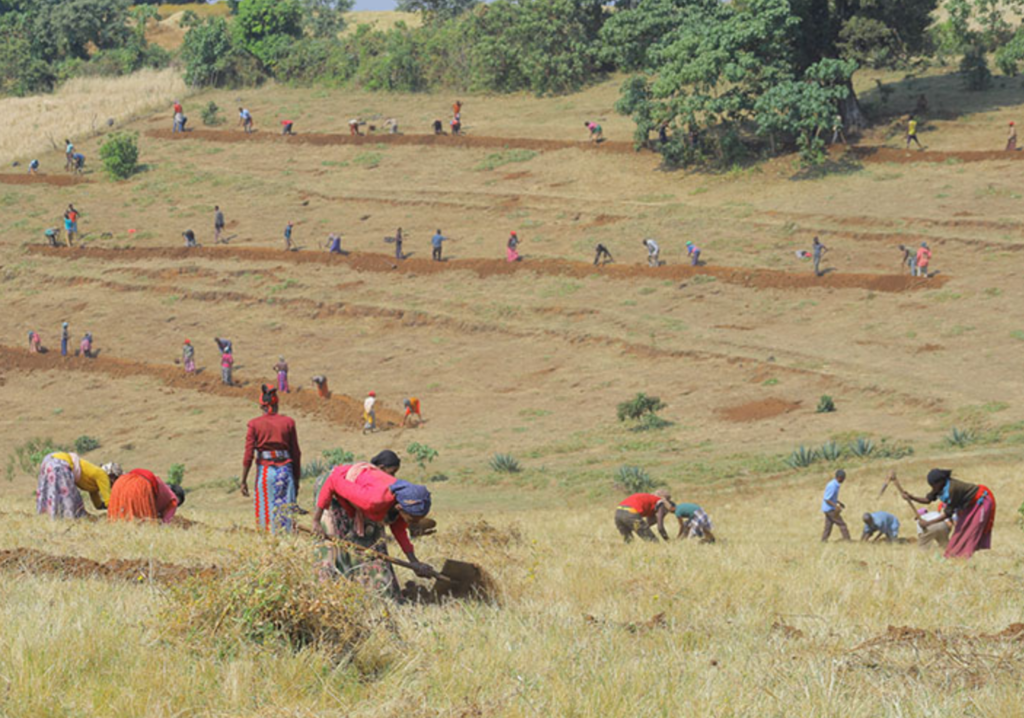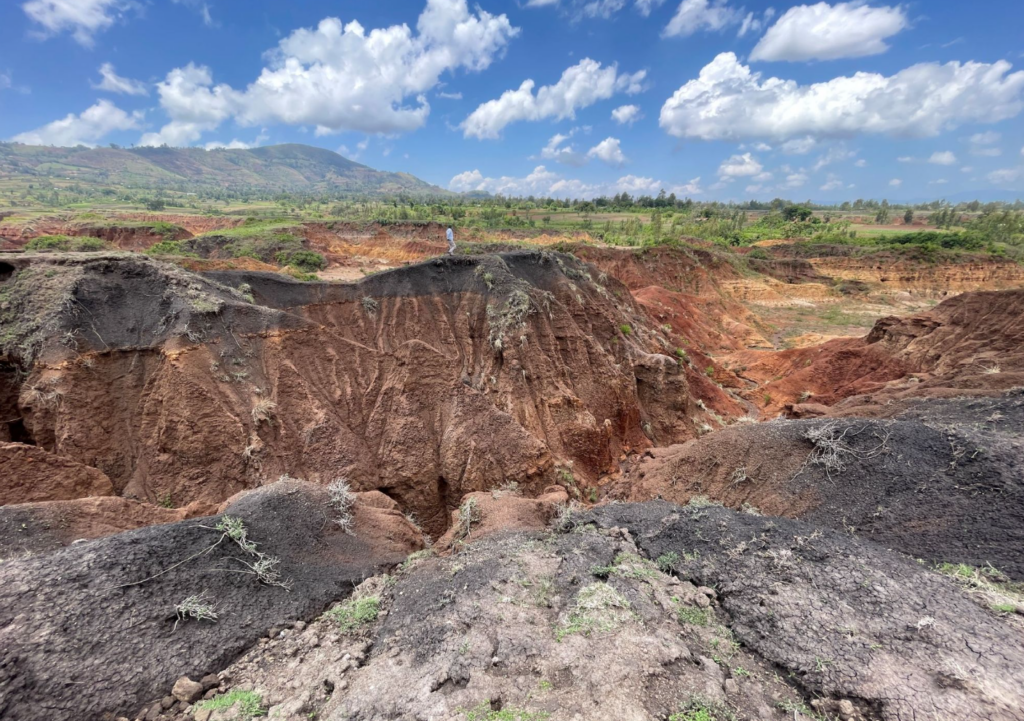Nature Positive Food Systems for Climate Adaptation by Canadian Foodgrains Bank
Project Information
The project aims to develop low carbon, climate resilient economies in rural regions of Ethiopia, Kenya, Mozambique, and Zimbabwe, with a focus on enhancing the well-being of communities, particularly women, girls, and other vulnerable groups. It promotes the adoption of gender-responsive agricultural nature-based solutions (Ag-NBS) to improve soil health, agro-ecosystem biodiversity, and support climate change adaptation efforts. The initiative also seeks to foster climate resilient and sustainable livelihoods, with a particular emphasis on women and girls, by leveraging the sustainable use of biodiversity.
Moreover, the project prioritises the empowerment of women and girls, enabling them to lead effectively, make informed decisions, and exert control over resources within household, community, and landscape-level governance systems. This empowerment is aimed at fostering improved biodiversity and facilitating climate change adaptation.
This project focuses on two primary activities: capacity building and the establishment of coordination mechanisms. The outputs of the project include enhancing the awareness and capacity of women, girls, men, and boys at both the household and community levels to develop and implement agricultural nature-based solutions that offer biodiversity co-benefits. The initiative also aims to increase equitable access to these solutions, providing technologies, enabling environments, and financial resources for agricultural nature-based solutions with biodiversity advantages.
Furthermore, the project enhances the awareness and capacity of community members to engage in biodiversity-based sustainable livelihoods. It seeks to ensure equitable access to the necessary solutions, technologies, environments, and financial support for these sustainable practices. A significant focus is placed on boosting the confidence and capacity of women and girls to participate actively in household decision-making processes, thereby improving biodiversity and climate change adaptation. Additionally, the project aims to increase the confidence and capacity of women to engage in community institutions such as water-user associations, self-help groups, cooperatives, and other organisations.

Project Data
Canada (Adventist Development and Relief Agency Canada; Canadian Lutheran World Relief, Mennonite Central Committee Canada, Primate’s World Relief and Development Fund, Tearfund Canada, United Church of Canada), Ethiopia (Lutheran World Federation Ethiopia; Migbare Senay Children and Family Support Organization; Terepeza Development Association) Kenya (Adventist Development and Relief Agency Kenya; Fadhili Trust; National Council of Churches Kenya; Utooni Development Organization) Mozambique (Adventist Development and Relief Agency Mozambique) Zimbabwe (Tsuro Trust), and other technical support partners.


